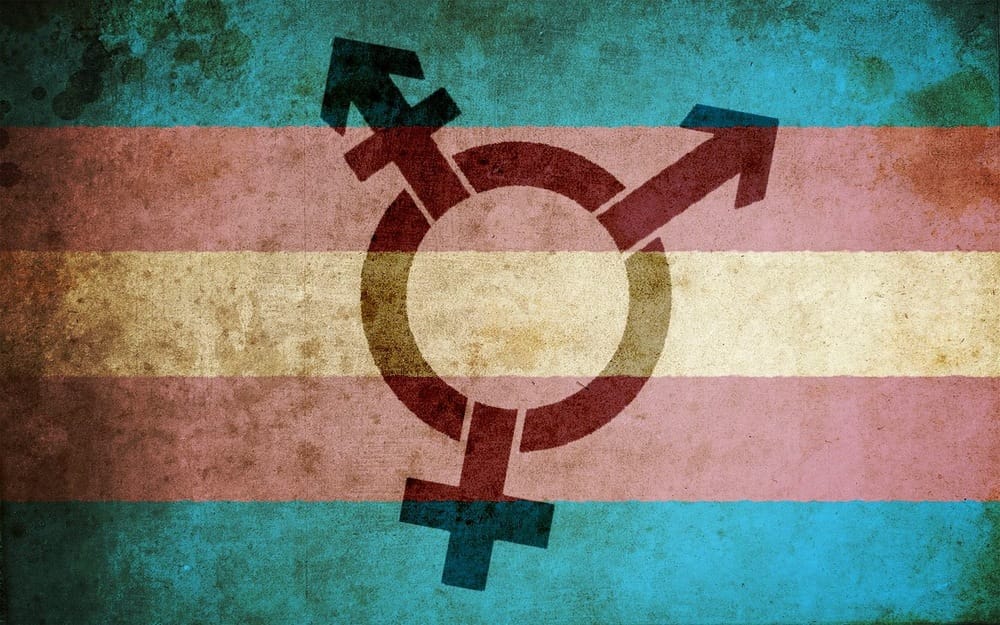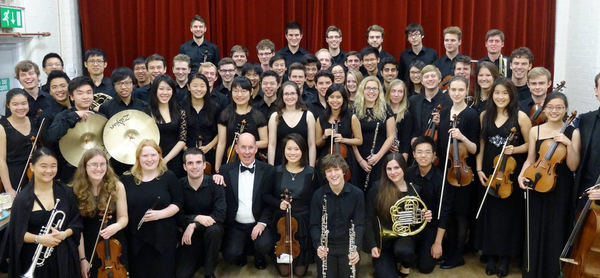The transgender community at Imperial: those who are silently struggling
Philippa Skett on one of the survey’s sadder revelations

The Felix Sex Survey found that 9 of the respondents do not identify with the gender they were assigned at birth. A third of those respondents said they were unhappy with their sex life, and a few commented about the issues they face as transgender individuals.
Some cited difficulty in finding partners, being in transition between genders and generally struggling with being assigned a different gender at birth that they don’t identify with. One respondent worryingly said that they were suicidal, and said that they hated the life they were living.
Said another respondent: “Since splitting with my last partner, I’ve come to think having any sort of sex life is probably unrealistic until I’ve had surgery.
“I can live with this, but the matter of sex being so intertwined with the broader topic of relationships, means inevitably my situation is an impediment to dating, which I think bothers me more.”
Said another: “I hate being transgender. My sex drive confuses me. All I want is to live as a girl, have breasts and a vagina and fall in love with someone that I’m comfortable being intimate with. I can’t though.
“I have to live as a boy and it hurts every day. I try to tune out thoughts related to falling in love because who wants to be with a transgender girl who doesn’t have a vagina or a female voice?
“I hear stories of people falling in love and being intimate with one another. This just feels like something I can never have.”
We decided to talk to some of the members of Imperial’s wider LGBT+ community. Felix’s own Welfare editor, Diba Esbati, spoke to two students who shared their experiences about being transgender or dating those that identify as transgender too.
One student told us about the transgender woman who they are currently dating: “I am happily in a relationship with a wonderful woman. She is incredibly clever, has gorgeous eyes and is possibly the most amazing person I have ever met.”
They explained that their partner may not decide to come out as transgender or even transition completely, but they are committed to supporting her regardless. They also explained that just like any other relationship, communication is key.
“We must discuss and be aware of each others’ boundaries, and adjust our activities according to the various levels of dysphoria my partner is experiencing.
“My partner sometimes has a complex response to her own arousal or her body and while this definitely changes the way our relationship dynamic functions, it does not make it inherently more difficult.
“It simply requires an increased level of awareness of how comfortable my partner is with any one thing we are doing together.”
They added: “And another, final thing that I feel is important; while my partner is not out, she is still very much a woman to me. She is beautiful and kind.
“When she is feeling particularly conflicted or experiencing very bad dysphoria all I can do is try and love her through it and help prevent her and myself from breaking because of the pain.”
Skye, an Imperial student who is openly transgender, spoke to Felix about how difficult it can be to identify as such, but how others should embrace their uniqueness: “No two people are identical and people being different to each other makes humanity as a larger entity all the better for it.
“So don’t hate yourself for being transgender. Be happy that you found something that helps to define who you are, thus you know yourself better and are stronger for having found that aspect of yourself.
“It isn’t a life-ender and there are ways to help you become who you view yourself to be, and who you want to be.”
Skye advised that anyone struggling should seek advice as soon as possible, either from the Imperial counselling service in the short term, and potentially visiting a dedicated specialist at a Gender Identity Clinic (GIC) in the long term.
Skye concluded: “There is no real reason why anyone can’t have love and meet the right person at some point in their life, regardless of who they are or what gender they identify as.”
Both students we spoke to had comments for those who responded to the sex survey, and both stressed that those out there are not alone.
The anonymous student who is dating a transgender woman explained the importance of supporting those who may be struggling to come to terms with their gender identity: “Acceptance, communication and reassurance of their validity cannot be given too much.
“Your support – even in something as little as remembering to use their preferred pronouns or as large as standing by them as they decide to come out –is invaluable and appreciated.”
They continued: “Being trans is not exactly a gift at first glance, but matters are getting better – trans visibility is so, so much better than it has been even recently and there are actual wonderful trans people making their way into the public eye.
“Love and sex are hard. Really hard. And yup, dysphoria makes the practicality tricky at times. But I promise that people exist who will care about that in the right way. I promise you that these people exist, regardless of your personal orientation with respect to partners.
“The voice and other parts are nice, but you’re a girl, not a number on the Prader scale. You can still have the potential for love, just like anyone.
“You’re a wonderful human.”
For those who want to seek help or guidance in relation to any of the above issues, there are many support networks you can access.
For example, the Beaumont Society (01582412220) offers 24h support and advice for transgender people and their loved. Also, Mind OUT (lgbtmind.com) has plenty of resources for all LGBT+ community who may be struggling with mental health concerns.










